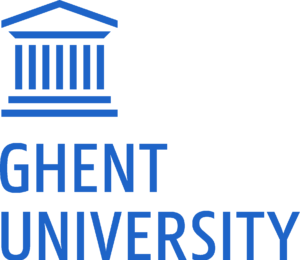Meet our team
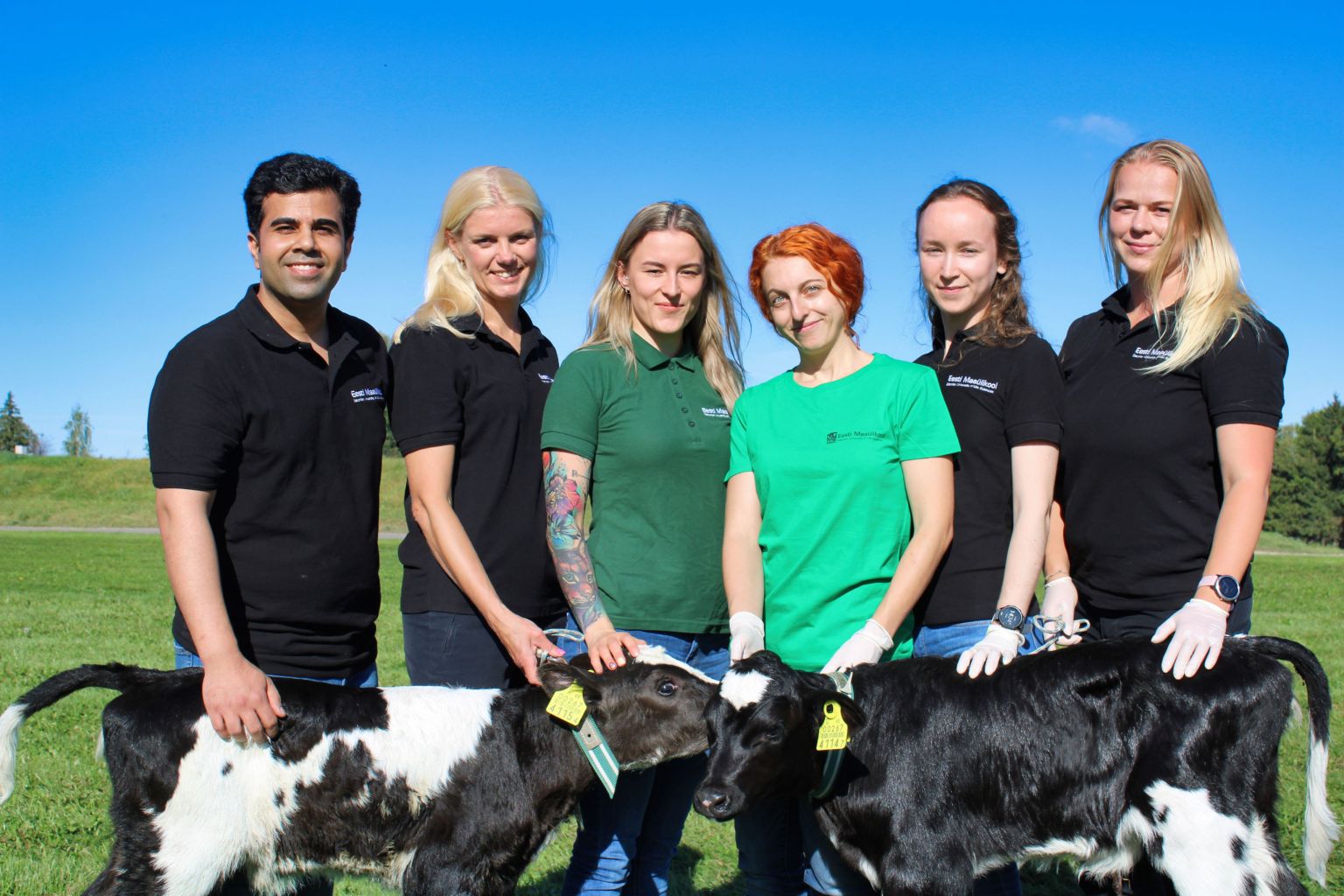
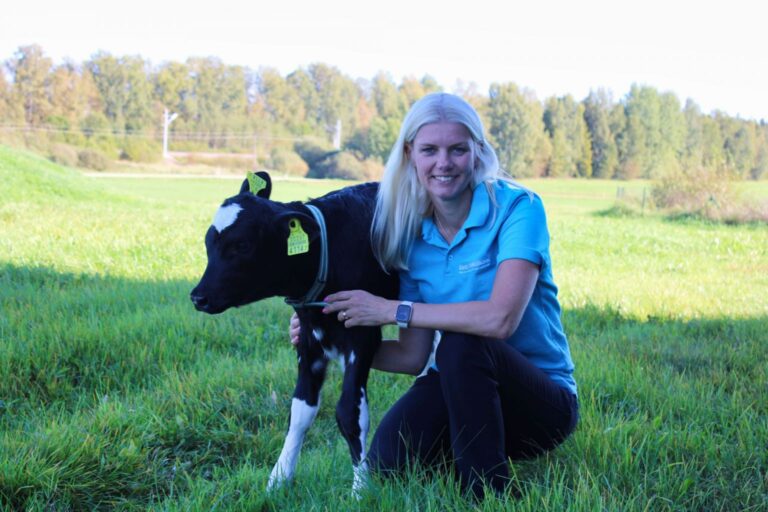
Kerli Mõtus
PI Kerli Mõtus brings 18 years of expertise in dairy herd health research. Her PhD focused on the epidemiology of bovine herpesvirus 1 in Estonian dairy herds. Post-PhD, she investigated risk factors for on-farm mortality in dairy and beef cattle, and has published studies on bee diseases, Mycoplasma bovis dynamics, and African Swine Fever outbreaks in Estonia.
Kerli will oversee project coordination and management, including planning, preparation, and execution of studies. She will handle farm enrollment, daily communication with farm staff, and lead sample collection. Additionally, she will coordinate lab analyses, manage data, perform statistical analysis, and publish results. With extensive experience in large-scale field studies, she maintains strong relationships with Estonian dairy producers. Her role also includes budget management, report compilation, and dissemination activities.

Toomas Orro
An expert in clinical veterinary medicine and innate immunity, focusing on inflammatory responses and acute phase proteins in animals. He has published over 60 scientific papers and supervised nine PhDs. Prof. Orro will assist in study planning, data and lab management, statistical analysis, and publication. His expertise with acute phase proteins is crucial for the project.
Skilled in ELISA and DNA extraction, he will coordinate laboratory work at the Estonian University of Life Sciences. His experience with microbiota data and strong connections with Helsinki University Core Laboratory enhance project collaboration.
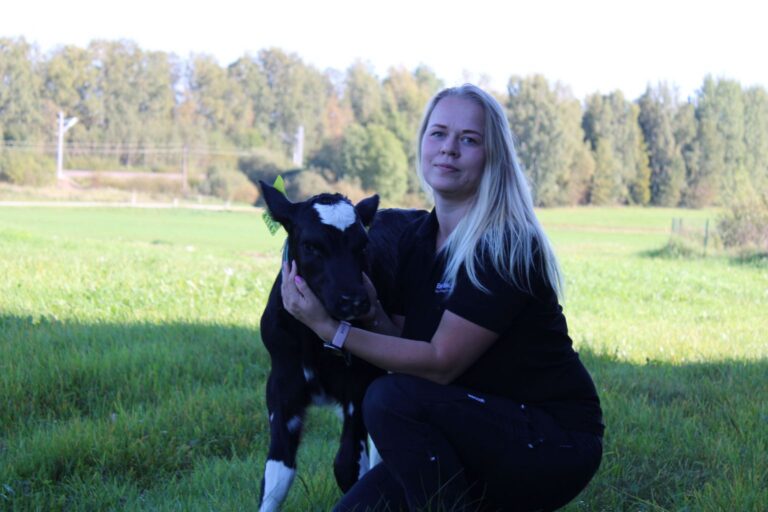
Helen Kirjonen
PhD student starting her studies in 2024. Helen is focusing on revealing biomarkers and metagenomic characterization of calf infectious bronchopneumonia. Her study aims to characterize the viral and bacterial communities in the lower respiratory tracts of calves with clinical and subclinical bronchopneumonia. Her research seeks to identify the threshold and predictive values of selected acute phase proteins and cytokines for detecting calves with subclinical bronchopneumonia.
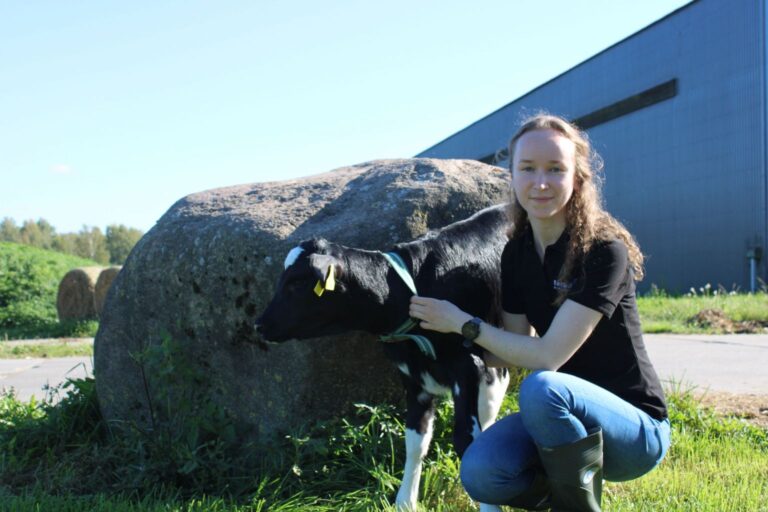
Maarja Helene Prommik
PhD student starting her studies in 2024. Maarja is focusing on characterisation of lower respiratory tract and fecal microbiome and their role in development of infectious bronchopneumonia and diarrhea in dairy calves. The main objectives are to elucidate the clinical impact and relationship of the lower respiratory tract viral and bacterial microbiome with inflammation. Also, her studies are going to analyze the microbiome of the nasopharyngeal region in the first weeks of life in dairy calves to identify communities that affect the risk or later development of bronchopneumonia, and examine the fecal microbiome during the same period to determine compositions that affect the risk of later development of bronchopneumonia and diarrhea.
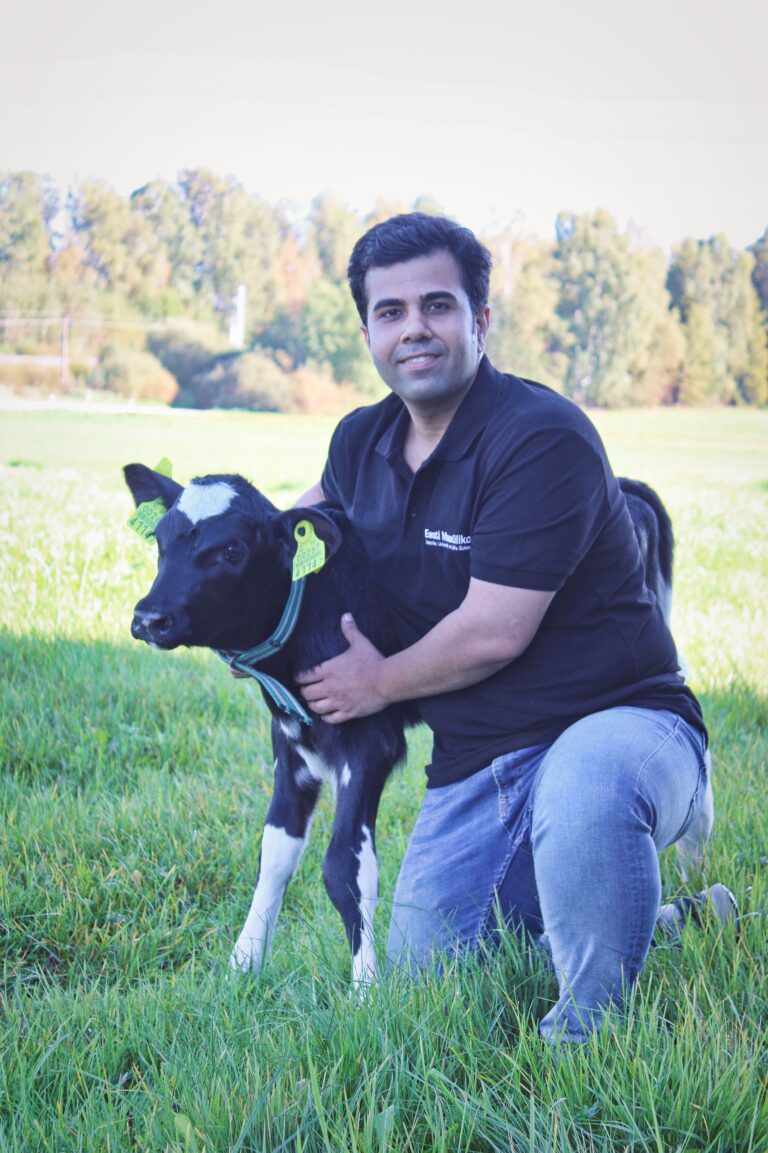
Rohish Kaura
PhD student starting his studies in 2021. Rohish is going to focus on investigating the associations between acute phase proteins and clinical signs of respiratory disease, and the presence of bacterial pathogens in the lower respiratory tract of preweaning dairy calves. His research also focus on finding a link between herds’ antibody seroprevalence of specific respiratory pathogens with serum acute phase protein concentrations in cows and heifers at the herd level, to understand the impact of these pathogens on herd health and welfare.
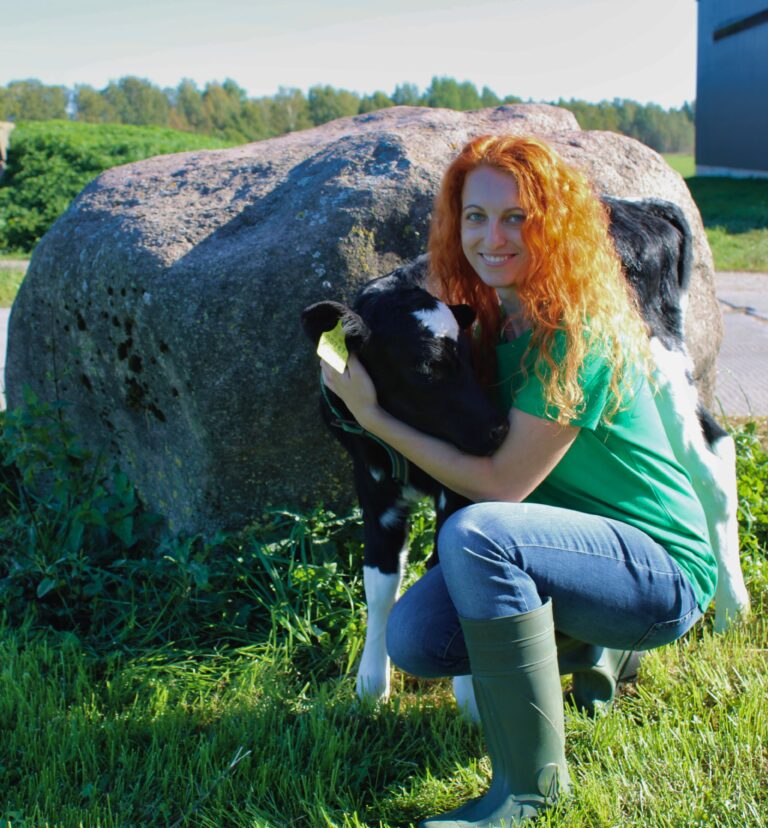
Marina Loch
Junior researcher included to the project team to assist in sampling and laboratory work. Her research has focused on using acute phase proteins as predictors for calf health and long-term performance.
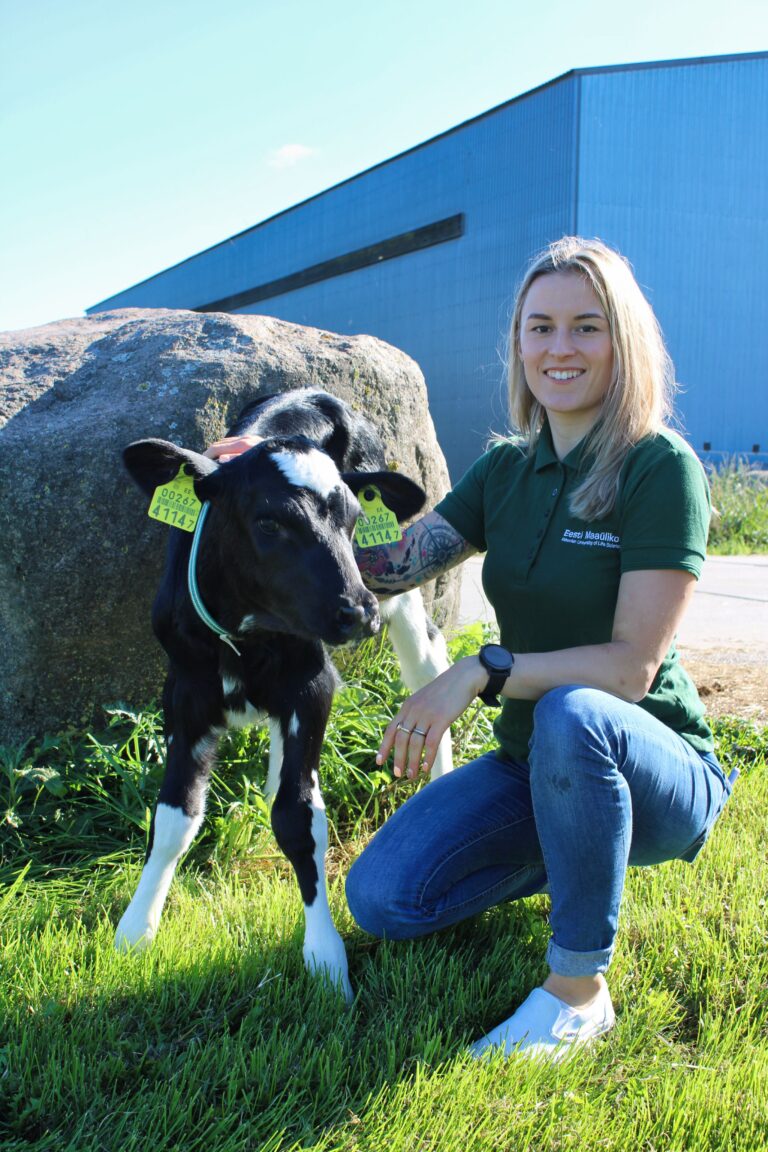
Dagni-Alice Viidu
Junior researcher included to the project team to assist in sampling. Her research has concentrated on identifying herd-level risk factors for calf mortality using multidisciplinary approach.

Elisabeth Dorbek-Sundström
Researcher included to the project team to assist in sampling and laboratory work. Her research has focused on revealing the prevalence of Cryptosporidium species in Estonian calves, their association with general inflammatory response and faecal microbiota composition.

